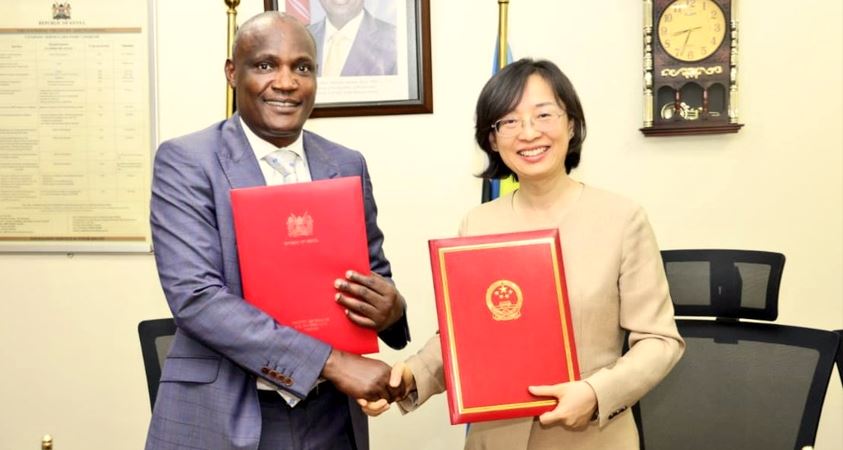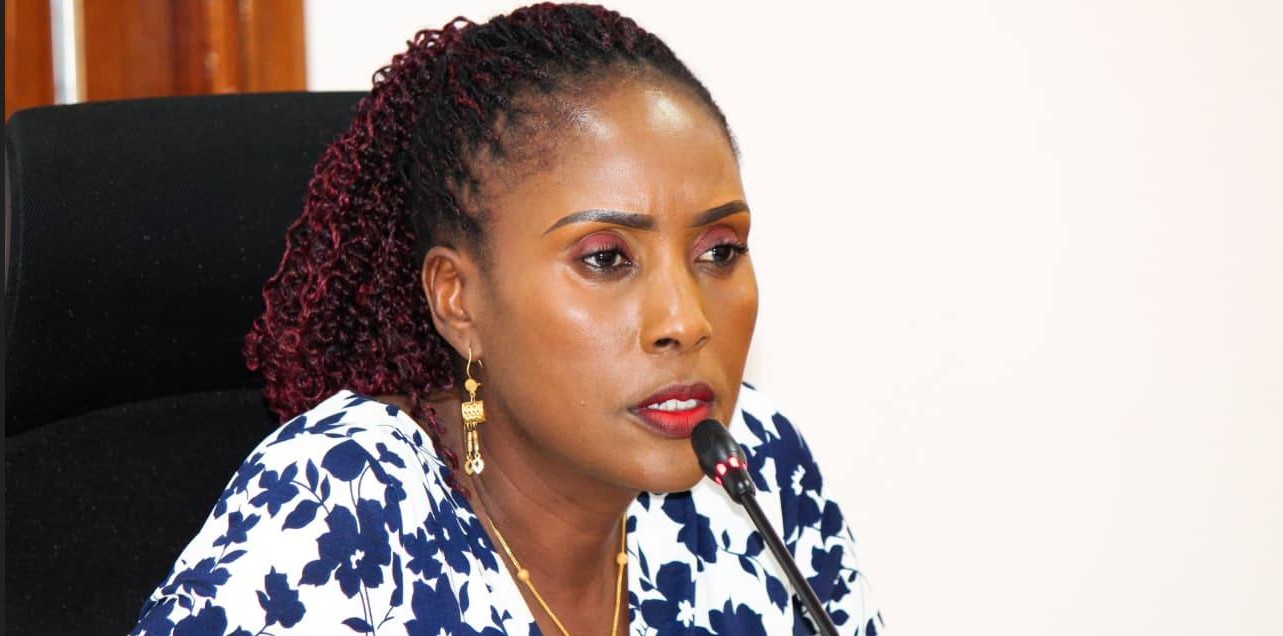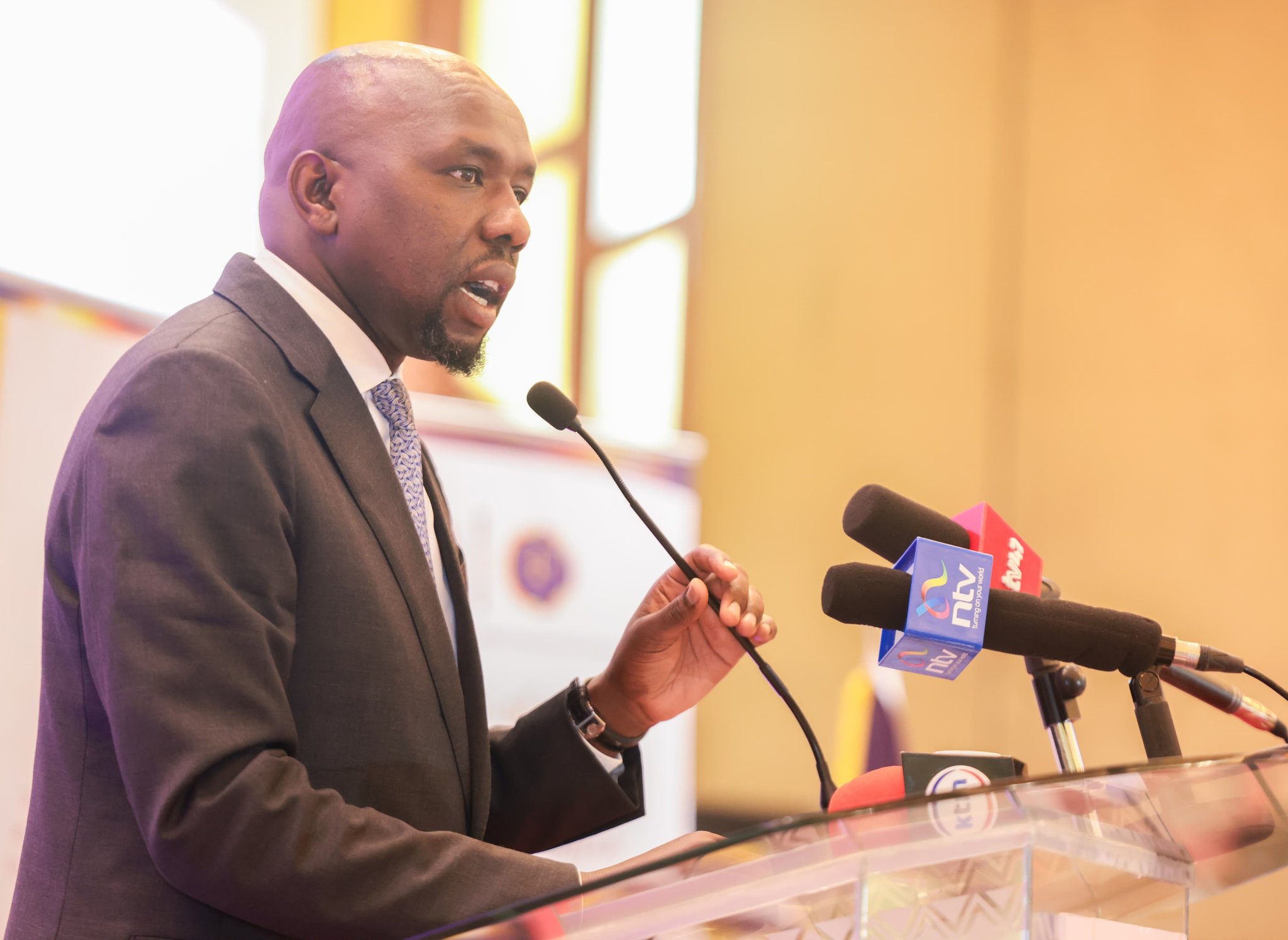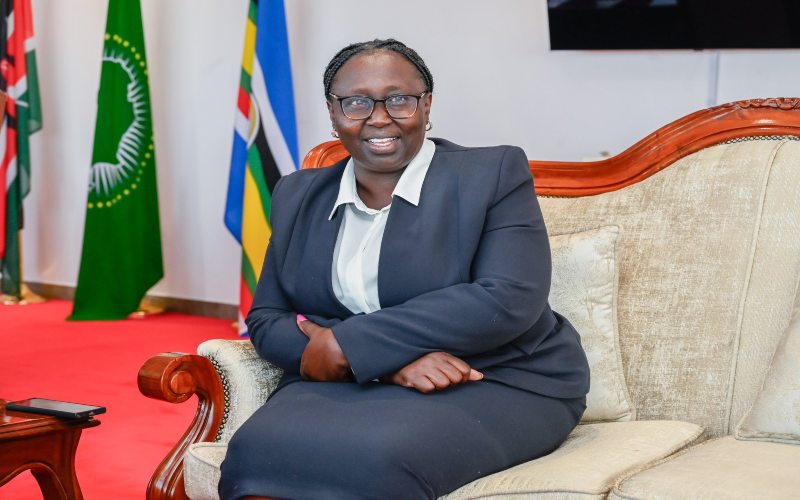Kenya secures Sh1.8 billion from China to modernise hospitals

The funding aims to enhance healthcare infrastructure, improve medical equipment, and support the government’s push for Universal Health Coverage.
Kenya has secured Sh1.8 billion from the Chinese government to upgrade hospitals across the country in a deal signed by Treasury Cabinet Secretary John Mbadi and Chinese Ambassador to Kenya Guo Haiyan.
The funding aims to enhance healthcare infrastructure, improve medical equipment, and support the government’s push for Universal Health Coverage (UHC).
More To Read
- Ministry of Health announces measures to reduce maternal, newborn deaths
- Health Ministry rolls out new oxygen equipment to hospitals
- From free to unaffordable: Why more Kenyan women are giving birth at home again
- Counties undermining UHC by redirecting reimbursements, Health Committee says
- Report lays bare Kenya’s failing healthcare system
- SHA accused of ignoring law in hiring as NHIF workers left out
Speaking at the signing ceremony, Mbadi emphasised that the investment would strengthen healthcare services, particularly in underfunded and rural areas.
The beneficiary institutions include Londiani Referral Hospital, Baringo County Referral Hospital, Kilifi Hospital, Misikhu Hospital, Bildad Kagia Hospital and Kaimosi Farmers Training College.
“The modernisation of hospitals is a critical step in ensuring equitable access to quality healthcare for all Kenyans. This funding will go a long way in upgrading medical facilities and providing essential equipment,” Mbadi stated.
For her part, Guo reiterated China’s commitment to supporting Kenya’s healthcare sector, noting that the initiative aligns with ongoing bilateral cooperation in infrastructure and development.
The deal comes as Kenya faces challenges in healthcare delivery, with many public hospitals struggling with outdated equipment and inadequate facilities.
The government has prioritised healthcare reforms under its Bottom-Up Economic Transformation Agenda (BETA), with modernisation efforts set to focus on primary and referral hospitals.
The funds will be disbursed in phases, with the Ministry of Health overseeing project implementation to ensure transparency and efficiency.
Top Stories Today











































